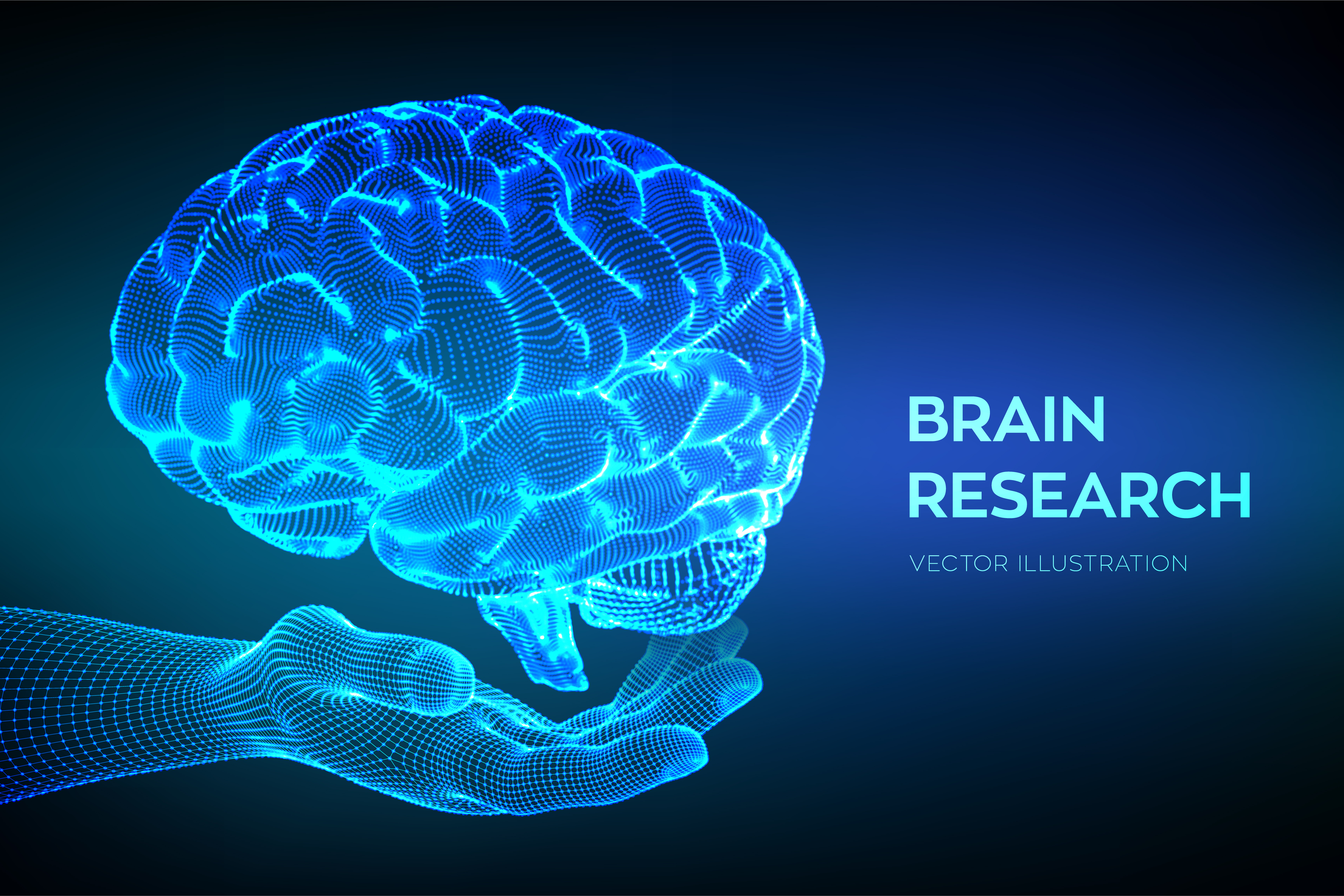Role of AI + Quantum in Bio-Computing

1. DNA & Molecular Data Processing
Quantum algorithms accelerate the simulation of molecular structures and reactions.
AI models decode DNA sequences and protein interactions with unmatched accuracy.
Together, they enable faster genomic analysis, drug discovery, and personalized
medicine.

2. Neural & Brain-Inspired Systems
Bio-computing mimics neural processes using living cells or hybrid neuro-silicon
systems.
AI enhances pattern recognition and decision-making.
Quantum computing models complex biological networks for neuroscience and mental health
breakthroughs.

3. Bioinformatics & Big Data
Biological experiments generate enormous data.
AI automates classification and prediction.
Quantum processing speeds up complex simulations like protein folding or disease
modeling.

4. Energy-Efficient Computing
Bio-computing uses molecules and cells that are far more energy-efficient than
traditional chips.
AI optimizes computational pathways.
Quantum systems provide exponential speed-ups, reducing the overall cost of research and
computation.